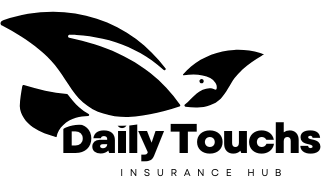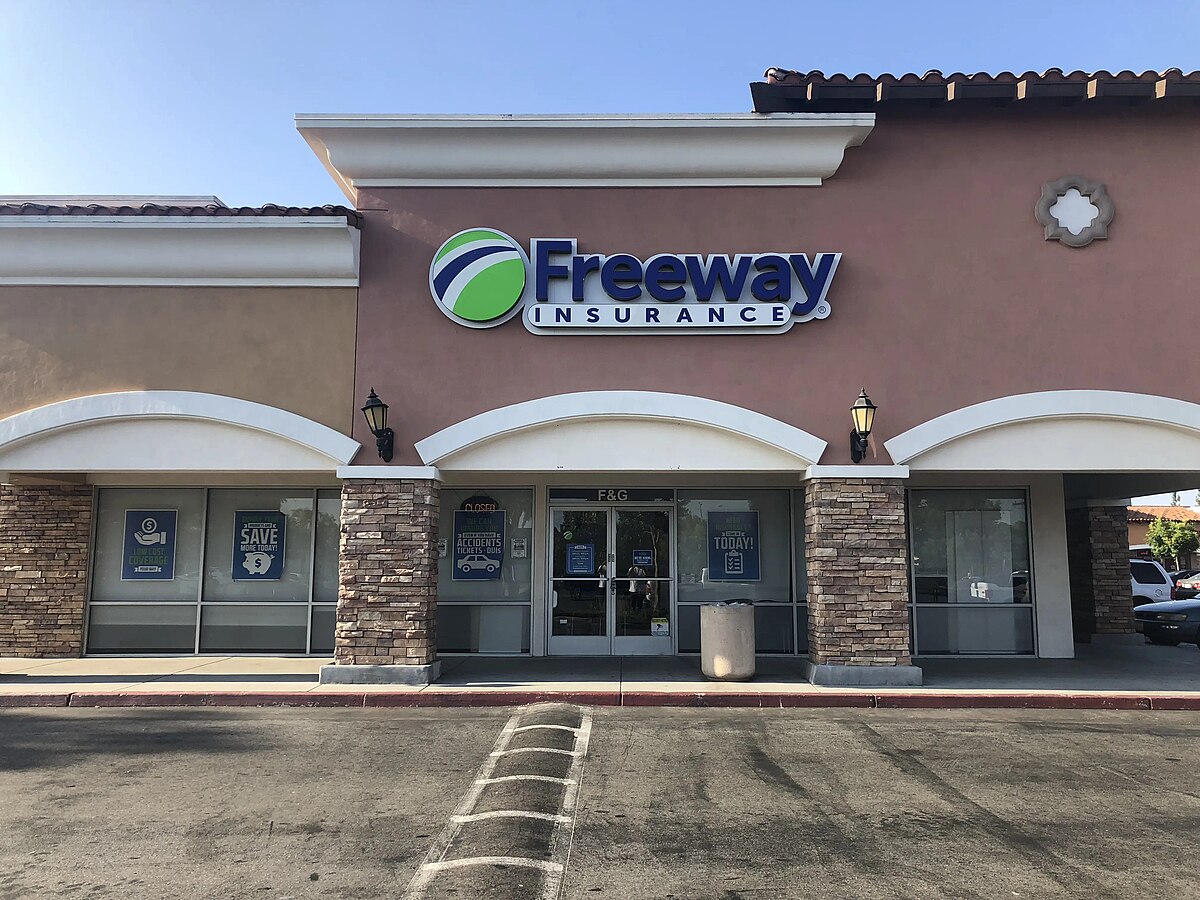Introduction to Freeway Insurance and its competitors
When it comes to insurance, making the right choice can feel overwhelming. There are countless options on the market, each promising the best coverage at competitive rates. Among these options is Freeway Insurance, a company that has carved out its niche in providing affordable auto and general insurance services. But how does it stack up against other players in the field?
In this post, we’ll dive into a head-to-head comparison of Freeway Insurance and its competitors. From pricing and coverage options to customer satisfaction and additional perks—let’s explore what sets them apart and help you determine which one might be your ideal fit.
Pricing: How do the rates compare?
When it comes to pricing, Freeway Insurance stands out for its affordability. Customers appreciate their competitive rates, especially for basic coverage options.
In comparison to other providers, Freeway often offers lower premiums without compromising on essential benefits. However, rates can vary significantly based on location and individual circumstances.
Competitors like GEICO and State Farm also have attractive pricing structures. They provide discounts for safe driving or bundling policies that appeal to many customers.
Yet some may find that the lowest premium doesn’t always mean the best value. It’s important to weigh coverage against cost carefully when making a decision.
Shopping around is crucial in this space since each company has its own algorithms for calculating rates. Understanding these nuances can lead you to more tailored insurance solutions that fit your budget effectively.
Coverage Options: What does each company offer?
Freeway Insurance stands out with a variety of coverage options tailored for diverse needs. They offer standard policies like liability and comprehensive coverage, but also provide unique add-ons such as roadside assistance and uninsured motorist protection.
On the other hand, competitors may focus on specific niches. Some insurers emphasize bundling home and auto insurance for better rates, while others feature specialized policies geared toward high-risk drivers or classic car collectors.
It’s essential to assess these offerings based on personal circumstances. Many companies include optional coverages that cater to young drivers or families seeking enhanced safety features.
Moreover, some providers allow customizable plans where you can mix and match according to your preferences. This flexibility is an important factor when weighing your choices in insurance coverage.
Customer Service and Satisfaction: Reviews and ratings of each company
Customer service can make or break your experience with an insurance provider. Freeway Insurance generally receives positive feedback for its knowledgeable agents who are eager to assist clients. Customers appreciate the personalized approach and quick responses.
Competitors like GEICO also score well, often highlighted for their user-friendly online platform and 24/7 support. However, some users have reported longer wait times during peak hours.
State Farm is known for a solid customer satisfaction rating driven by local agents who build relationships within communities. Many find comfort in having a familiar face to turn to when concerns arise.
On the flip side, companies like Progressive may struggle with consistency in customer experiences, leading to mixed reviews across various platforms. Ratings fluctuate based on individual interactions, which can influence overall perception significantly.
Additional Benefits and Discounts: Which company offers the most perks?
When it comes to insurance, perks and discounts can make a significant difference. Freeway Insurance stands out with its array of offers. They often provide multi-policy discounts for customers bundling auto and home insurance.
Competitors like Geico also have notable advantages. Their loyalty program rewards long-term clients with lower rates after years of service. Plus, they frequently run promotions that attract new customers.
State Farm has unique options as well, including savings for safe driving habits through their Drive Safe & Save program. This app-based incentive encourages good behavior behind the wheel.
Many companies offer student discounts too, which can be a game-changer for young drivers looking to save money on premiums.
Assessing these benefits is crucial in determining which insurer aligns best with your lifestyle and needs.
Availability and Accessibility: Online vs. in-person options
Availability and accessibility are crucial when choosing an insurance provider. Freeway Insurance offers flexible options that cater to different customer preferences.
For those who love digital convenience, Freeway allows policy management online. Customers can get quotes, purchase plans, and file claims with just a few clicks. This ease of use makes it appealing for tech-savvy individuals.
On the other hand, some people prefer face-to-face interactions. With physical locations across numerous states, Freeway ensures personalized service for those who need guidance in navigating their choices.
Competitors may also provide similar services but vary in terms of local presence. Some companies focus heavily on online platforms while neglecting traditional offices entirely.
The choice between online or in-person assistance often depends on individual comfort levels and needs. Whether you’re looking for quick access or personal interaction, there’s likely an option that fits your style perfectly.
Conclusion: Which insurance company is the best fit for you?
Choosing the right insurance company ultimately depends on your unique needs and preferences. Freeway Insurance stands out for its competitive pricing and extensive coverage options. However, it’s essential to weigh these factors against what competitors offer.
While some may prioritize affordability, others might seek comprehensive customer service or additional perks like discounts. Each company’s strengths can cater to different priorities—whether that be seamless online access or personalized in-person support.
Your decision should align with what matters most to you as a consumer. Take time to assess your budget, required coverage, and desired level of service before making a choice. Doing so will help ensure that you select an insurance provider that best fits your lifestyle and expectations effectively.




